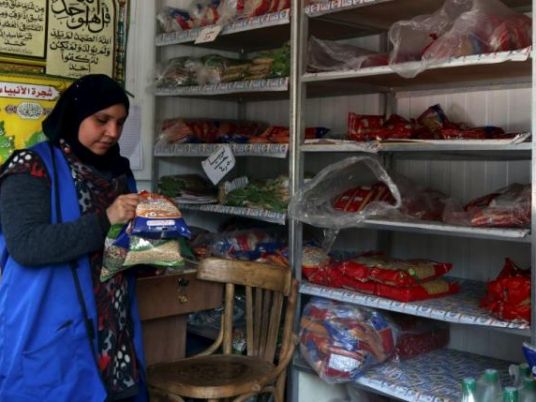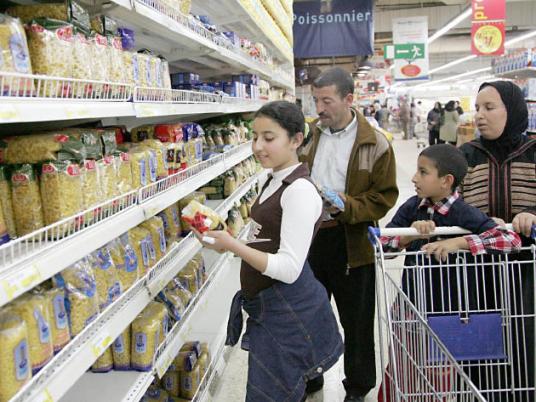Ahmed el-Wakil, head of the Egyptian Federation of Chambers of Commerce, called on the government to interfere to protect traders against the dangers of importing rice in order to create a strategic reserve of rice and provide the amounts covered by ration cards.
In statements to Al-Masry Al-Youm, el-Wakil said that the General Authority for Supply Commodities (GASC) has made a surplus last year since it purchased rice at LE800 per ton and sold it for LE1500 per ton. He added that the ministry should use these surpluses to protect rice traders against dangers associated with imports.
El-Wakil further criticized the ministry saying it has forced rice traders and farmers to hide the quantities of rice they have after the ministry seized large quantities of rice. He added that rice mills have been working according to the stipulations of the law, with a maximum of 600 tons of rice at each mill.
He warned that such a behavior by the ministry’s monitoring bodies will eventually harm investment. El-Wakil also said that the price of one kilo of rice will not exceed LE3.5 within three weeks.
Meanwhile, official sources at the Grains Chamber, attacked the government saying it gives its own companies privileges at the expense of the private sector. The same source said that the government has given instructions to state-owned companies to export around 13,000 tons of rice, which has caused the price of rice to go up.
The source added that those companies currently have a rice reserve of 30,000 tons only. GASC had failed two days ago to reach an agreement with the owners of rice mills to supply sufficient quantities of rice for ration cards. Ali Sharaf el-Din, head of the Grains Chamber, said rice mills owners confirmed they are only ready to supply rice within 45 days, fearing any further increases in prices.
Sharaf el-Din added that it’s likely that the whole deal will be canceled. According to him, the owners of rice mills are reluctant to supply rice because some of their financial entitlements from previous transactions are still overdue.
A decision by the government to reduce the amount of land grown with rice in the coming season by 50 percent had driven the prices of rice up.
Translated from the Arabic Edition.




